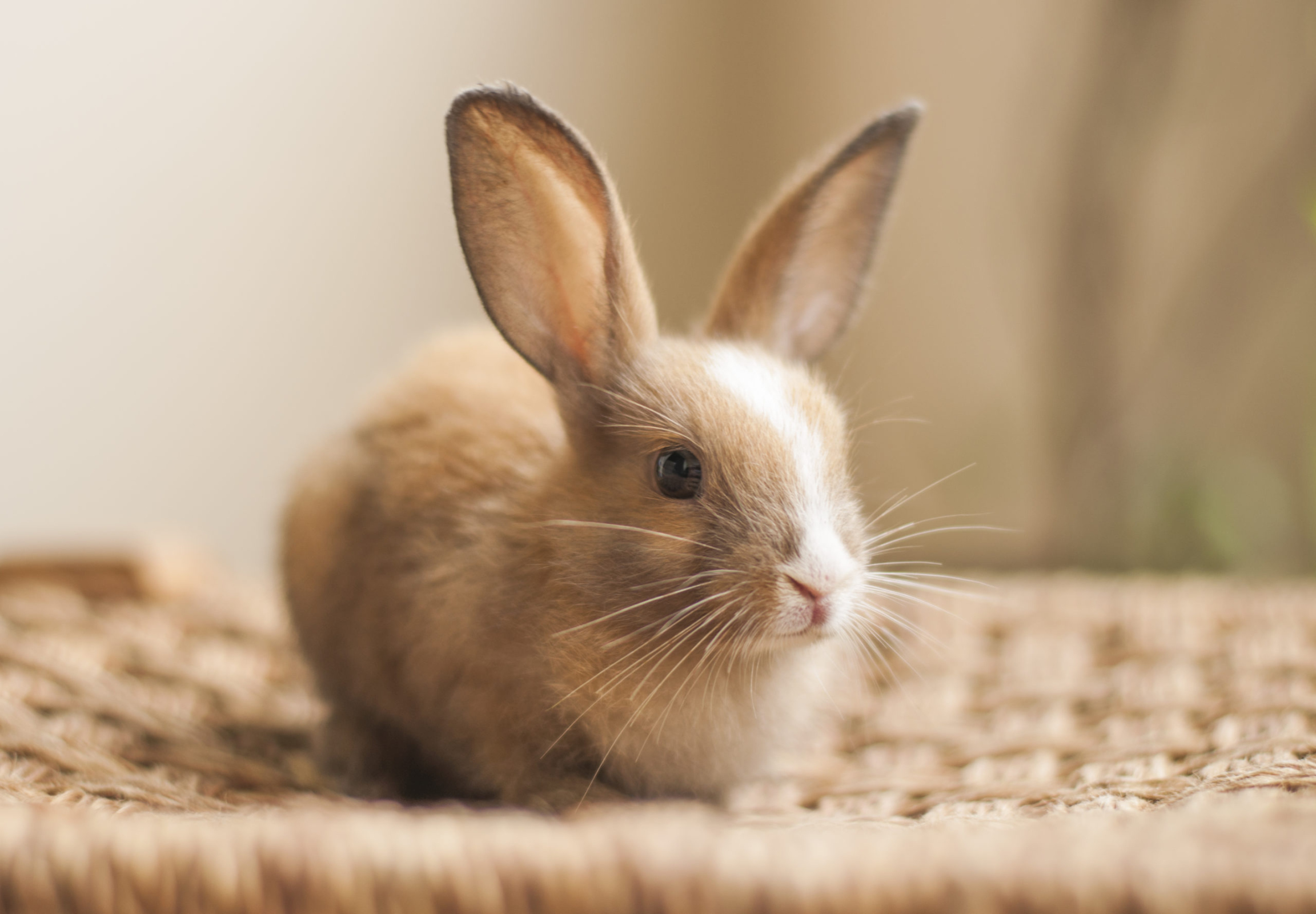What Do I Need to Keep a Rabbit?
If you’re considering getting a rabbit as a pet, there are a few essential items you’ll need to ensure your furry friend’s well-being. Rabbits are active and social animals that require specific care and attention to thrive. From housing to food and medical care, here’s a comprehensive guide on what you need to keep a rabbit.

Housing
Providing a suitable living environment is crucial for your rabbit’s overall health and happiness. Here are the key items you’ll need:
- Hutch or cage: Choose a spacious hutch or cage that allows your rabbit to move around freely. It should be at least four times the size of your rabbit, allowing them to stand fully upright and stretch out.
- Bedding: Line the bottom of the hutch with soft and absorbent bedding material, such as hay or straw. Avoid using cedar or pine shavings as they can be harmful to rabbits.
- Hiding spots: Rabbits love to hide and feel secure, so provide them with tunnels or boxes where they can retreat when they want some privacy.
- Litter box: Train your rabbit to use a litter box by placing one in their enclosure. Use rabbit-safe litter made of paper or wood pellets.
Food and Water
A well-balanced diet is vital for your rabbit’s health and longevity. Here’s what you need to keep them well-fed:
- Hay: The cornerstone of a rabbit’s diet should be unlimited high-quality hay, such as timothy or orchard grass. It aids digestion and keeps teeth healthy.
- Pellets: Choose high-fiber pellets specifically formulated for rabbits. Pellets should make up a small portion of their diet.
- Fresh vegetables: Introduce a variety of fresh leafy greens and vegetables like kale, parsley, and carrots. Remember to introduce new foods gradually to prevent digestive issues.
- Water: Ensure your rabbit always has access to clean, fresh water. Use a water bottle or heavy ceramic bowl to prevent tipping.
Medical Care
Like any other pet, rabbits require regular veterinary care to stay healthy and prevent illnesses. Here are some essential aspects of medical care for rabbits:
- Veterinary check-ups: Schedule annual check-ups with a rabbit-savvy veterinarian to ensure your bunny is in good health.
- Vaccinations: Discuss with your veterinarian which vaccinations are recommended for your rabbit, such as those for rabbit hemorrhagic disease.
- Neutering or spaying: If you have a male and female rabbit, it’s essential to have them neutered or spayed to prevent unwanted litters and reduce health risks.
- Parasite prevention: Protect your rabbit from fleas, mites, and other parasites with appropriate preventative treatments.
Exercise and Enrichment
Keeping your rabbit mentally and physically stimulated is crucial for their well-being. Here are some items and activities to provide exercise and enrichment:
- Exercise pen: Consider setting up a secure exercise pen where your rabbit can safely explore and stretch their legs outside their enclosure.
- Chew toys: Rabbits naturally need to chew to keep their teeth healthy, so provide them with appropriate toys made of safe materials like untreated wood or seagrass.
- Tunnels and mazes: Offer tunnels and mazes made of cardboard or fabric to encourage play and exploration.
- Playtime: Spend time interacting with your rabbit daily. They enjoy gentle petting and games that stimulate their minds, such as treat puzzles.
Frequently Asked Questions (FAQs)
1. What should I feed my rabbit?
Rabbits should have a diet primarily consisting of hay, with a small portion of pellets and fresh vegetables. It’s important to avoid feeding them foods that are high in sugar or carbohydrates, as these can lead to digestive problems.
2. How often should I clean my rabbit’s enclosure?
Cleaning your rabbit’s enclosure should be done at least once a week. Remove soiled bedding, wipe down surfaces, and replace bedding material as needed. Regular cleaning helps maintain a hygienic environment for your rabbit.
3. Can rabbits be litter trained?
Yes, rabbits can be litter trained, similar to cats. Place a litter box in their enclosure and gradually introduce them to it. Use rabbit-safe litter and reward them with treats and praise when they use the litter box correctly.
4. Do rabbits need companionship?
Yes, rabbits are social animals and benefit from companionship. It’s recommended to keep rabbits in bonded pairs or small groups to prevent loneliness and provide mental stimulation. However, it’s essential to introduce rabbits properly to avoid aggression.
By providing the right environment, a balanced diet, medical care, and ample enrichment, you’ll create a happy and healthy life for your rabbit. Remember, each rabbit has unique needs, so always monitor their behavior and consult with a veterinarian for personalized advice.
Related Articles…
Copyright Notice:
Images displayed on this website are not our property, but are procured from the internet. If you hold copyrights to any image and wish for its removal, please get in touch with us.